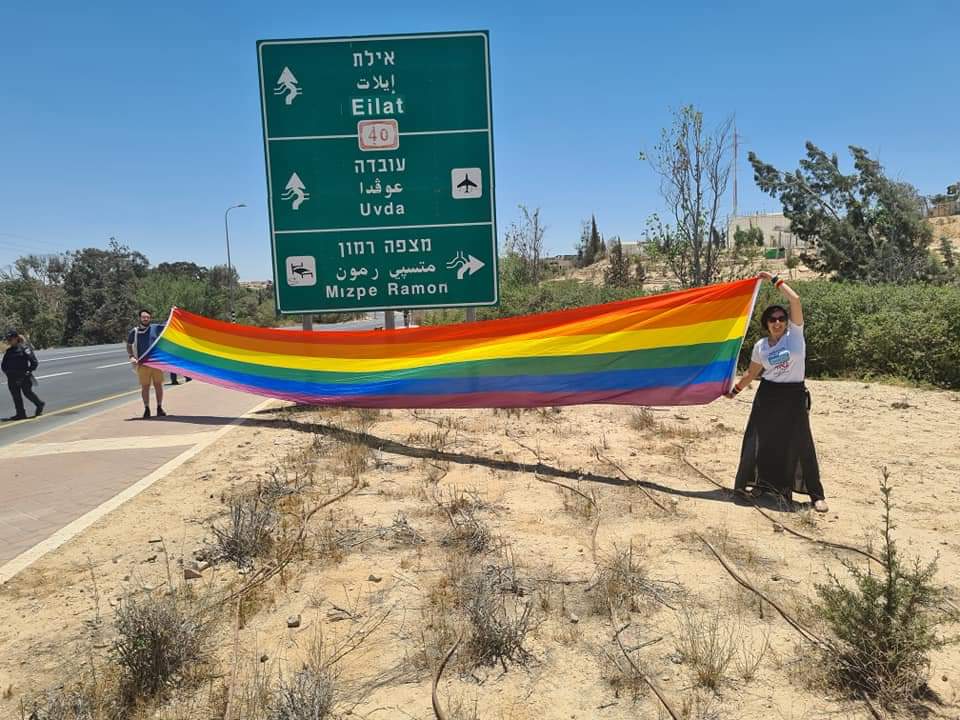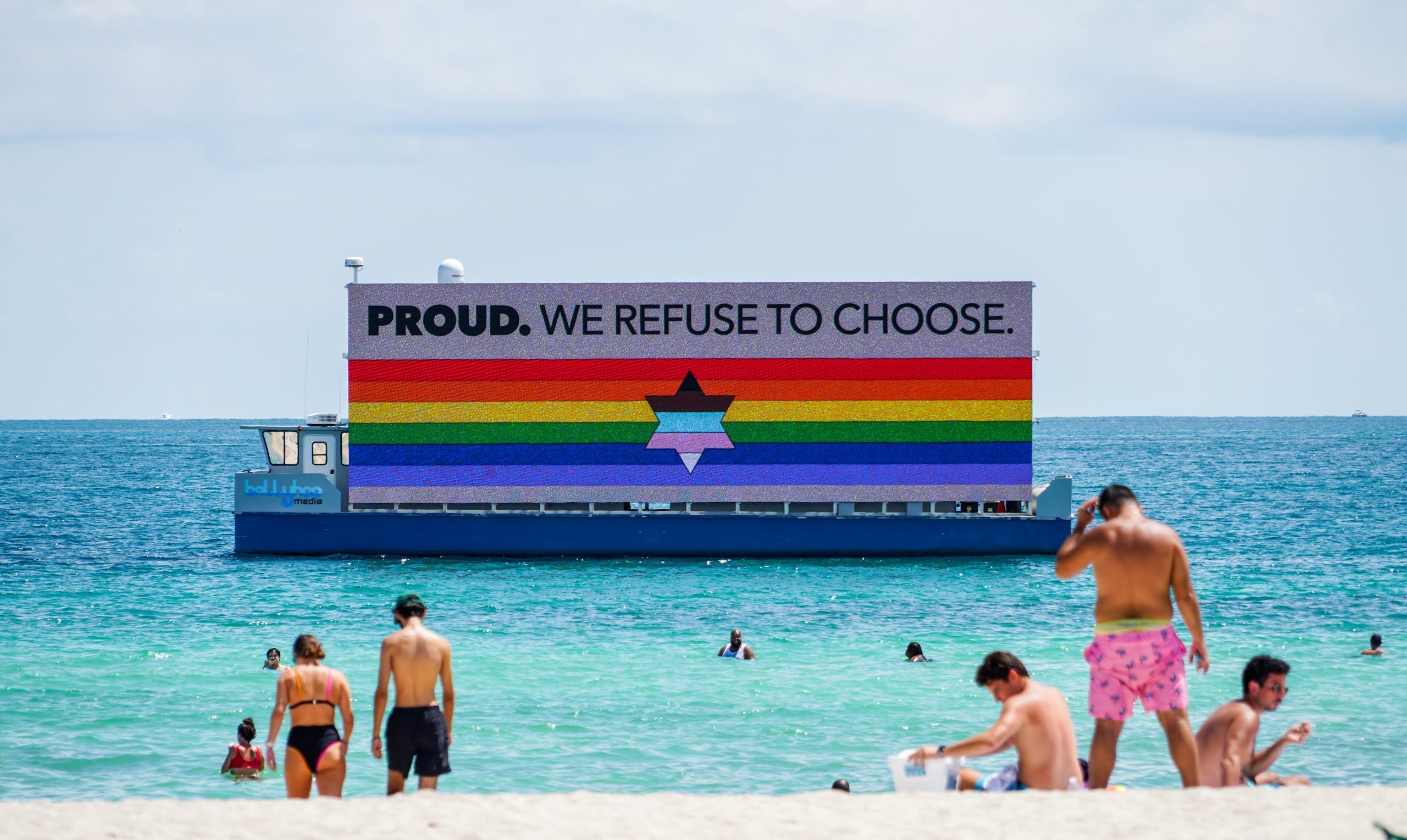
In November, we celebrate Mizrahi Heritage Month. Throughout the week we will highlight the voices of the queer Mizrahi community.
Our friend Zehorit Sorek, a religious lesbian woman, mother of two, married to Limor and Moroccan at heart is one of the founders of the Proud (LGBTQ) Religious Community in Israel. She has been a partner and friend of AWB from our early first days. Here are her words:
“In our family, the word ‘Morocco’ was treated with great respect. Throughout my childhood, we have been told that we have deep traditions and roots, but at the same time, we must be part of the Israeli society. The term ‘to be a part’ of Israeli society usually referred to the Ashkenazi hegemony. At times, the term ‘being a part’ is an excuse to erase your identity, especially for those who have immigrated from Islamic countries. ‘To be a part’ meant to be Ashkenazi.
I came out of the closet at the age of 29. It took me a while to put the words ‘lesbian’ and ‘religious’ together. Gradually the additional identities that make up my life were added to the word lesbian: ‘Lesbian mother and wife’ and a ‘religious Moroccan-Mizrahi lesbian woman.’
It was very difficult for my parents to accept my identity. When my father found out I was a lesbian, we had a difficult conversation. He claimed that it was impossible to be a lesbian and religious. When I told him that there is a religious lesbian organization, he said that they are probably all Ashkenazi because there is no such thing among Moroccans. Disconnecting from my parents was hard. I got used to celebrating holidays with a lot of people. When the first Rosh Hashanah came and I could not go to my parents, Limor, my dear wife, tried to comfort me and said: ‘We will celebrate with our two children.’ I stood in the middle of our living room and cried “‘our people is not a holiday.’
I visited Morocco in 2017 for the first time. As a souvenir, I brought miniatures of traditional Moroccan-style shoes with me. They were in the colors of the Pride flag. I framed them when I returned to Israel. I see them as a combination of my roots, my tradition, my family roots, and my lesbian identity and activism within the community.
Today the frame hangs in our living room, so everyone who enters the house knows that in this house there is a past, present, and future.”

